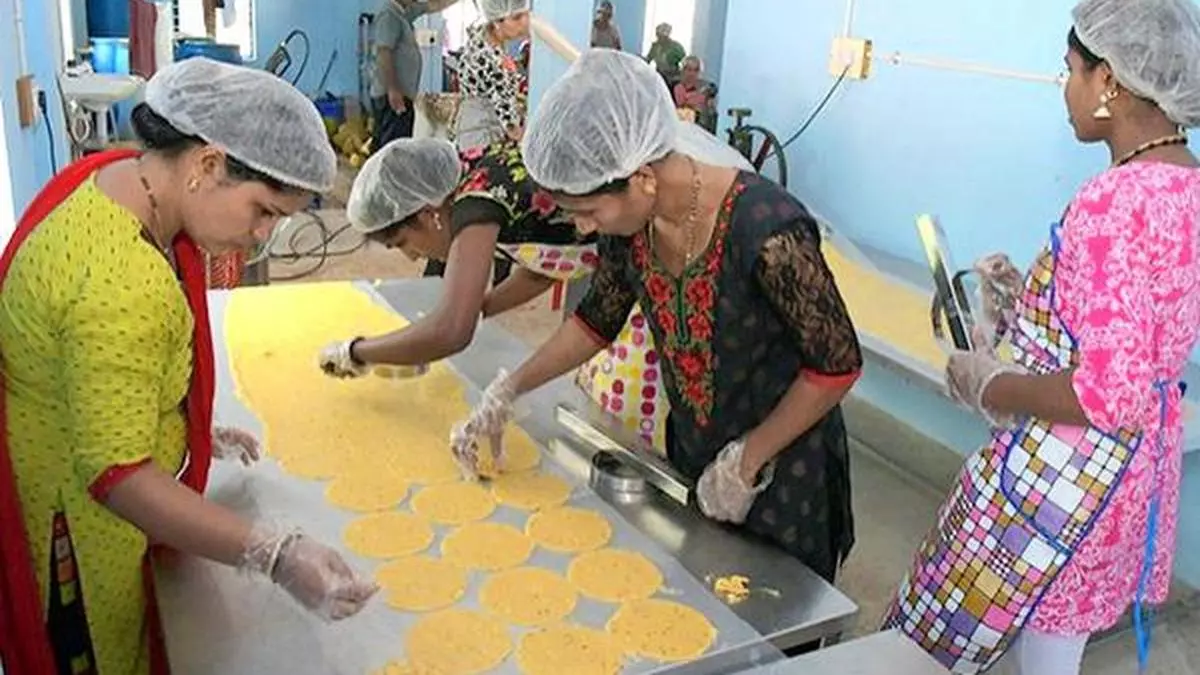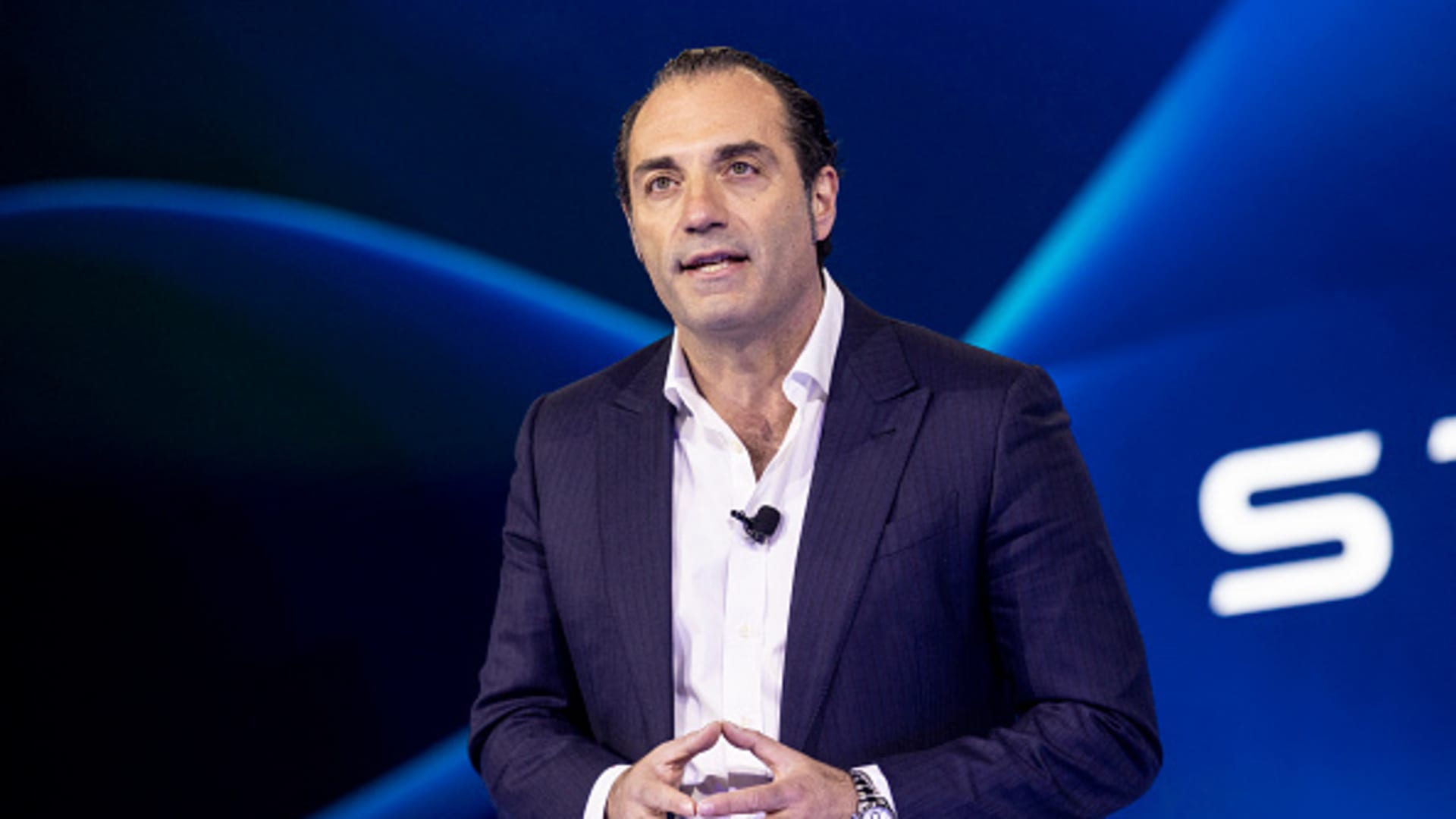Natural farming is one of the key strategies to reduce input costs and the Government is promoting this method to encourage farmers to move towards chemical-free farming as part of its efforts to mitigate adverse effects of climate change.
Inaugurating the businessline Agri and Commodity Summit whose theme is ‘Shaping agriculture and agri-business in a changing climate’, Devesh Chaturvedi, Secretary of the Ministry of Agriculture and Farmers’ Welfare, said, “There are farmers who are doing it successfully for years. They have developed their own protocols which research is now validating. We need to promote this method which is sustainable and ensures safer, healthier food for consumers.”
This will be a transformative initiative aimed at addressing soil health degradation caused by excessive chemical input use, he said.
Ashish Kumar Bhutani, Secretary, Ministry of Cooperation at the businessline Agri & Commodity Summit 2025
| Photo Credit: BIJOY GHOSH
2-pronged strategy
The Centre, he elaborated, has adopted a two-pronged strategy to shield farmers from the adverse effects of climate change. The strategies include creating drought and flood-resistant crop varieties, implementing efficient water management techniques, and providing a cushion through crop insurance in the event of extreme natural calamities.
The government aims to use carbon market incentives to encourage farmers to adopt climate-smart practices. This comprehensive approach seeks to ensure food security and farmer livelihoods in the face of a changing climate, Chaturvedi said.
Ashish Bhutani, Secretary, Ministry of Cooperation, in his special address, said the Centre has decided to revitalise the cooperative sector by expanding the scope of Primary Agricultural Cooperative Societies (PACS) as part of mitigating the impact of climate change in rural areas.
K.V.Shaji, Chairman, NABARD speaking at the businessline Agri Summit 2025
| Photo Credit: BIJOY GHOSH
Coops as vital tools
He presented a compelling case for leveraging cooperatives as vital tools in building climate change resilience in rural India.
Acknowledging the significant challenges posed by rising temperatures, he said the Ministry of Cooperation is in the process of making two lakh multi-purpose PACS, expanding their traditional role beyond credit.
“We are also planning to set up 70,000 grain storage points across the country, with PACS potentially playing a role in their operation. Besides addressing the critical issue of grain storage in rural areas, this initiative would reduce transportation costs and act as procurement centres,” he said.
In his keynote address, Shaji KV, Chairman, Nabard, said the bank is adopting a multi-faceted approach to tackle climate change in the agricultural sector.
Data-driven solutions
Through data-driven solutions, new financial mechanisms such as the Agri Fund and the upcoming Carbon Fund, and forming strategic partnerships with multilateral agencies and State governments, Nabard aims to build a more resilient and sustainable agricultural sector.
In his welcome address, businessline Editor Raghuvir Srinivasan said, “The country has been going through climate change since 2001 and over the last few years, the minimum temperature has been rising. All these pose great challenges to agriculture and its stakeholders, including scientists.”
While experts in each session articulated key takeaways for mitigating the risks of climate change, the highlight of the summit was undeniably the presentations by those who are doing stellar work on the ground – the Drone and Solar Didis. Their stories of transformation from humble backgrounds to the forefront of innovative farming practices struck a chord with the audience who gave them a standing ovation.
The businessline Agri and Commodity Summit 2025 is presented by Nabard and co-powered by the Federation of Seed Industry of India (FSSI) in association with Yara. The Associate Partners are NCDEX, Indofil, Bayer, Hindustan Urvarak & Rasayan Ltd, Kribhco Agri, NSE, Aqua Group and the Tamil Nadu Agricultural University. The Banking Partner is State Bank of India while the Broadcast Partner is NDTV Profit.







Leave a Comment